What is Constraint Management?
Constraint management is a methodology that focuses on identifying and managing constraints or bottlenecks that limit the efficiency, productivity, and performance of a business or organization. A constraint is any factor that limits or prevents a business from achieving its goals or objectives, such as a lack of resources, poor processes, or outdated technology.
The goal of constraint management is to identify and eliminate constraints to improve the overall performance of the business. This involves a systematic approach that includes analyzing processes and identifying constraints, developing strategies to eliminate or mitigate constraints, implementing those strategies, and monitoring and measuring the results to ensure that the constraints have been effectively managed.
Constraint management can be applied to various areas of a business, including production, operations, supply chain, and project management. The methodology can help businesses become more efficient, reduce costs, and improve customer satisfaction by enabling them to focus on areas where constraints are limiting their performance and productivity.
Advantages of Constraint Management
Constraint management can provide a number of advantages for businesses and organizations, including:
- Improved efficiency: By identifying and managing constraints, businesses can increase their efficiency by focusing on areas where bottlenecks occur and reducing waste in the production process.
- Increased productivity: Constraint management can help organizations maximize their productivity by enabling them to identify and eliminate the factors that are limiting their output.
- Better resource allocation: By identifying constraints, businesses can better allocate their resources to ensure that they are used in the most effective way possible.
- Improved customer satisfaction: Constraint management can help organizations deliver products and services more efficiently and effectively, which can lead to increased customer satisfaction.
- Reduced costs: By optimizing processes and resources, constraint management can help businesses reduce their operating costs and improve their profitability.
- Better decision-making: By providing a clear picture of the constraints that are affecting the business, constraint management can help decision-makers make more informed and strategic decisions.
- Increased agility: By identifying and managing constraints, businesses can become more agile and responsive to changing market conditions, customer needs, and other factors that may impact their operations.
Overall, constraint management can help businesses improve their performance, reduce costs, and enhance their competitive advantage in the marketplace.
Top of Form
Constraint Management is a Lean Manufacturing Tool that has assisted businesses in evolving from Batch and Push to One Piece Flow. GKW Business Solutions has the experience to assist in the evolution of your manufacturing operation to become a World Class Operation. Give us a call for a RISK FREE/NO COST BUSINESS ASSESSMENT.


